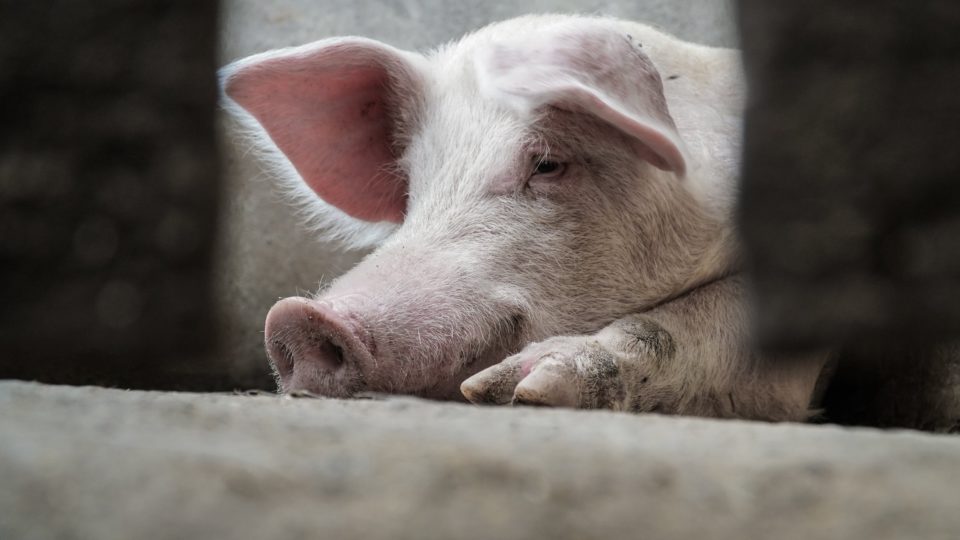The virus that has killed thousands of pigs in Bulacan and Rizal has already been contained, the chief of the country’s agriculture department announced yesterday.
Appealing to the media and public “not to ignite fears” regarding African swine fever, Agriculture Secretary William Dar said in a statement that millions of livelihoods depended on the country’s PHP 260-billion (US$4.964 billion) swine industry.
His plea came after several pigs were found floating last week in the Marikina River, sparking fears the animals were thrown into the river after dying of the disease.
To contain the disease, he said 7,416 potentially infected pigs had already been slaughtered in Bulacan and Rizal.
Read: It’s here: African swine fever hits Philippines, Agriculture Department says
As Dar tried to manage public perception, the Marikina City government yesterday threatened to sue whoever dumped 56 dead pigs in the river. By bringing the unidentified perpetrators to court, Marikina Mayor Marcelino Teodoro said his government could claim damages for the time and costs they spent fishing the carcasses from the water and burying them, reported The Philippine Daily Inquirer.
He said pig farmers must properly dispose of stricken animals.
“It’s not their fault that those pigs died,” he told radio station DZMM on Monday, speaking in both Filipino and English. “What they’re guilty of is disposing the dead bodies of those pigs. There’s a proper procedure: They have to bury them underneath the ground [and] disinfect so that the virus won’t spread.”
Raising pigs is banned in Marikina, which led Teodoro to believe that the dead swine came from elsewhere. Addressing the issue, Secretary Dar said that the pig owners had acted irresponsibly and could have helped spread disease, SunStar Manila reported.
There were 12.7 million pigs in the country as of July 2019, about two-thirds of which are kept on backyard farms, according to the Philippine Statistics Authority.
The swine flu is a severe viral disease that can be fatal for both domestic and wild pigs, according to the World Organization for Animal Health. It can be transmitted by contact with an affected animal or consumption of something infected with the virus.
To control its spread, the country’s Food and Drug Administration has banned all processed pork meat products from countries affected by the flu, such as Hungary, Latvia, Poland, Romania, Russia, Ukraine, Vietnam, Zambia, and more.
It cannot be transmitted to humans.




